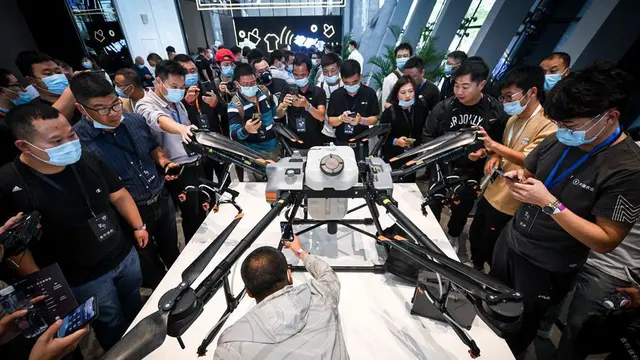INTRO
China's controversial labor camps have made headlines again...
On Monday, the Chinese government said it will push for new reforms of its reeducation through labor system...
While others say its very existence, is unconstitutional.
China's reform through labor system allows police to detain people for up to four years without trial.
At a national political and legal work conference, officials said the system should be reformed and fine-tuned.
But no further information on the reform has been made publicly available.
While experts say it's beyond saving - and contradicts China's Constitution.
Wang Gongyi, former director of the judicial institute of the Ministry of Justice, says labor camps helped safeguard social stability in the early years of the Party's rule.
But in the modern era, new problems have emerged in the system.
Wang believes the system contradicts the Constitution, the Legislative Law and the Administrative Penalty Law.
China's first labor camp act was enacted by the National People's Congress, the country's top legislature, in 1957.
Wang says neither the decision adopted by the NPC in 1957, nor its additional provisions, have been sufficient in regulating labor camps.
And public criticism of the camps has mounted following two cases suggesting the system, is being stretched...
Last month, a court in southwest China's Chongqing Municipality rejected an appeal from Ren Jianyu, a 25-year-old village official.
He was sentenced to two years in a re-education through labor camp in 2011 for spreading "negative information" and inciting the subversion of state power.
Last August, a woman in central China's Hunan Province was sentenced to 18 months in a labor camp after demanding tougher penalties for the seven men convicted of abducting, raping and prostituting her 11-year-old daughter.
The mother was released within a week following a public outcry - as well as criticism from academics and even the country's state-controlled media.
Much of the criticism is of perceived abuse of the system and the lack of legal basis in randomly expanding its scope, to cover unwanted petitioners.
Data from the Bureau of Re-education Through Labor shows 160,000 people were held in 350 labor centers nationwide by the end of 2008.
Ma Huaide, vice president of the China University of Political Science and Law, says courts should follow legal procedures in determining whether to restrict a citizen's freedom.
Last month, an official in charge of judicial reforms said the need to improve the system's transparency was recognized...
But across the Internet, the public still say it should be abolished altogether.
 简体中文
简体中文

